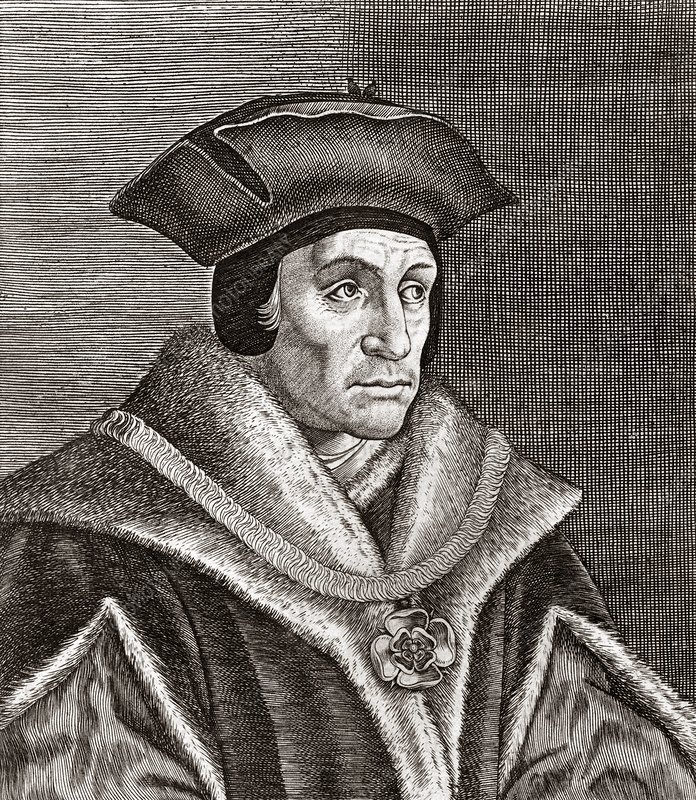
More
Paul Cavill writes: ‘If everyone has one book inside them, then perhaps inside every scholar of the Tudor period is a biography of Thomas More. The temptation is great, so perfectly does his trajectory encapsulate the reception of the Renaissance and the early Reformation in England. More’s death is irresistibly moving, even if we have run out of original ways to recount a Tudor beheading.’ Cavill, who teaches modern history at Cambridge, evokes More’s ‘combination of ribaldry and erudition, his way with dialogue, his pointed jests and merry tales, his sardonic wit, his loathing of pride, his touchiness, his flintiness, his capacity to harden his heart, his adamantine conviction. The chronicler Edward Hall captured a trait when he observed disapprovingly that More “thought nothing to be well spoken except he had ministered some mock in the communication”. But he paid an unintended compliment by dismissing More as either “a foolish wise man or a wise foolish man”, for More was convinced that the difference between wisdom and folly was merely a matter of worldly convention that would ultimately be inverted in heaven.’ A man for all seasons.
